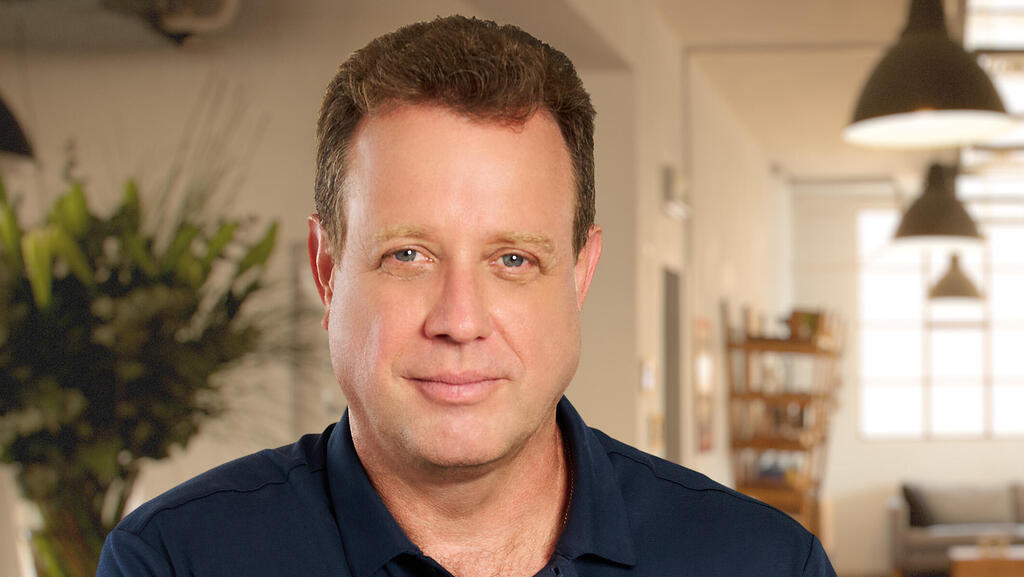
Opinion
Not every startup must be a unicorn to change the world
“Ultimately, a company’s success isn’t measured only by the size of its exit, but by its ability to create value, attract top talent, build a meaningful solution with a competitive edge and a deep technological moat, and give back to the Israeli ecosystem,” writes Avichay Nissenbaum, co-founding partner at lool ventures.
Today, not every startup needs to aim for the coveted “unicorn” status to make a real impact. In fact, the smaller exits – those we hear about almost weekly in the $100-$300 million range – are what truly fuel the Israeli high-tech ecosystem and power its greatest strengths: a dynamic, cyclical, and innovative industry that doesn’t rely on hype or flashy headlines, but advances through real results, fast execution, and proven performance.
In most cases, after an Israeli company is acquired, the founders don’t stay with the acquiring corporation for long. Instead, they move on within two or three years to launch a new venture. The capital flows back to the funds, knowledge accumulates, and Israeli entrepreneurship moves one step further. This creates a self-sustaining ecosystem that often cycles faster than the American model, where companies can remain “stuck” for years before a big exit. Our local culture – focused on problem-solving, teamwork, and relentless ambition – allows Israeli high-tech to create value even without massive fundraising rounds and even in times of crisis, as we have experienced over the past two years.
Now, in an era where artificial intelligence is rewriting the rules of the game, the flexibility and speed that characterize Israeli entrepreneurship have become a major competitive edge. We see young founders building AI companies while still serving in military reserve duty, reaching product-market fit in record time, and sometimes being acquired before the market has a chance to stabilize. While this may sound unplanned, it’s actually a deliberate strategy: rapid innovation, cohesive teams, and talented people who know how to work together.
Global companies understand this very well. Many aren’t just buying the product – they’re buying the team. They want people who can inject innovation into a large organization, and often, they will even “kill” the acquired product and integrate its creators into their core development. The reason is simple: it’s much easier to buy a fast-moving, proven team than to build one from scratch inside a large, cumbersome corporation.
This trend is evident even at the highest levels of global leadership. Marc Benioff, founder of Salesforce, recently returned as CEO – not because his company was in crisis, but because he recognized the power of the next disruption. Concerned that a young entrepreneur might invent the “next AI Native Salesforce” built from the ground up, AI-first, he responded with aggressive acquisitions of innovative companies. This example illustrates both the pressure global corporations are under and their strong attraction to the fast, lean, and focused innovation coming out of Israel.
But in an age where there’s a “revolutionary AI announcement” almost every week, it’s crucial to separate noise from true value. Not every startup with an AI-powered feature is genuinely innovative. For investors, the real challenge is identifying those built for long-term relevance: companies whose products won’t become obsolete with the next OpenAI model update, whose teams can adapt to rapid change, and whose competitive advantage comes from deep market insight, solving real pain points, and a deep technological moat.
Related articles:
Predicting the future is never easy. The internet revolution was never fully foreseen, and the cloud was once mocked before becoming a standard. But the order of change is often the same: first come the tools, then the platforms, and finally, the companies that truly transform how the world operates. Today, those transformative companies are AI-native: not just integrating AI, but built from the outset for the AI era. They fundamentally reshape markets, deliver solutions inherently designed for the new AI world, and redefine both user experience and business models. I believe these companies offer a powerful advantage for Israeli high-tech – an industry that excels at identifying problems, embracing challenges, and building deeply technical, infrastructure-level solutions.
Ultimately, a company’s success isn’t measured only by the size of its exit, but by its ability to create value, attract top talent, build a meaningful solution with a competitive edge and a deep technological moat, and give back to the Israeli ecosystem. Every small exit contributes to this process: enabling the next entrepreneur to grow, the next investor to invest, and the next company to be born – perhaps one that will be bigger, more impactful, employ more people, and change the world. This is the power of the synergy between returning financial capital and returning human capital – a shared engine that continues to fuel, innovate, and grow Israeli high-tech.
Avichay Nissenbaum is a co-founding partner at lool ventures, an early-stage venture capital firm investing in startups at the beginning of their journey.